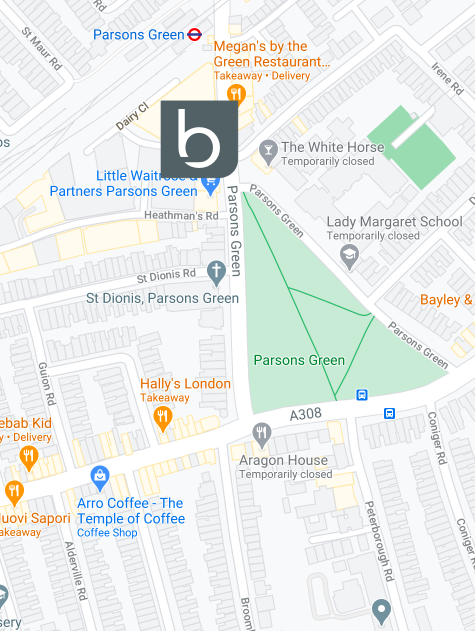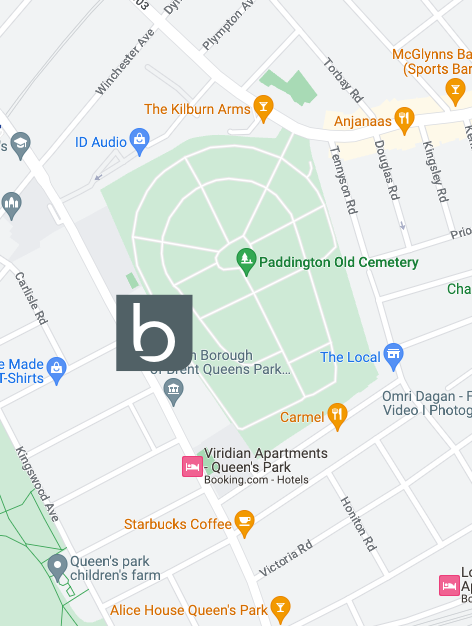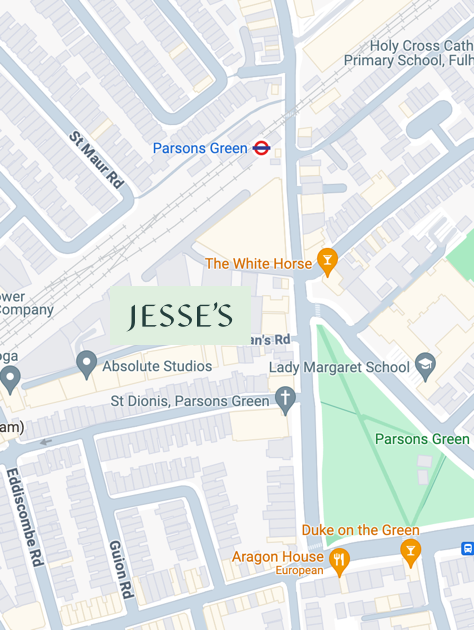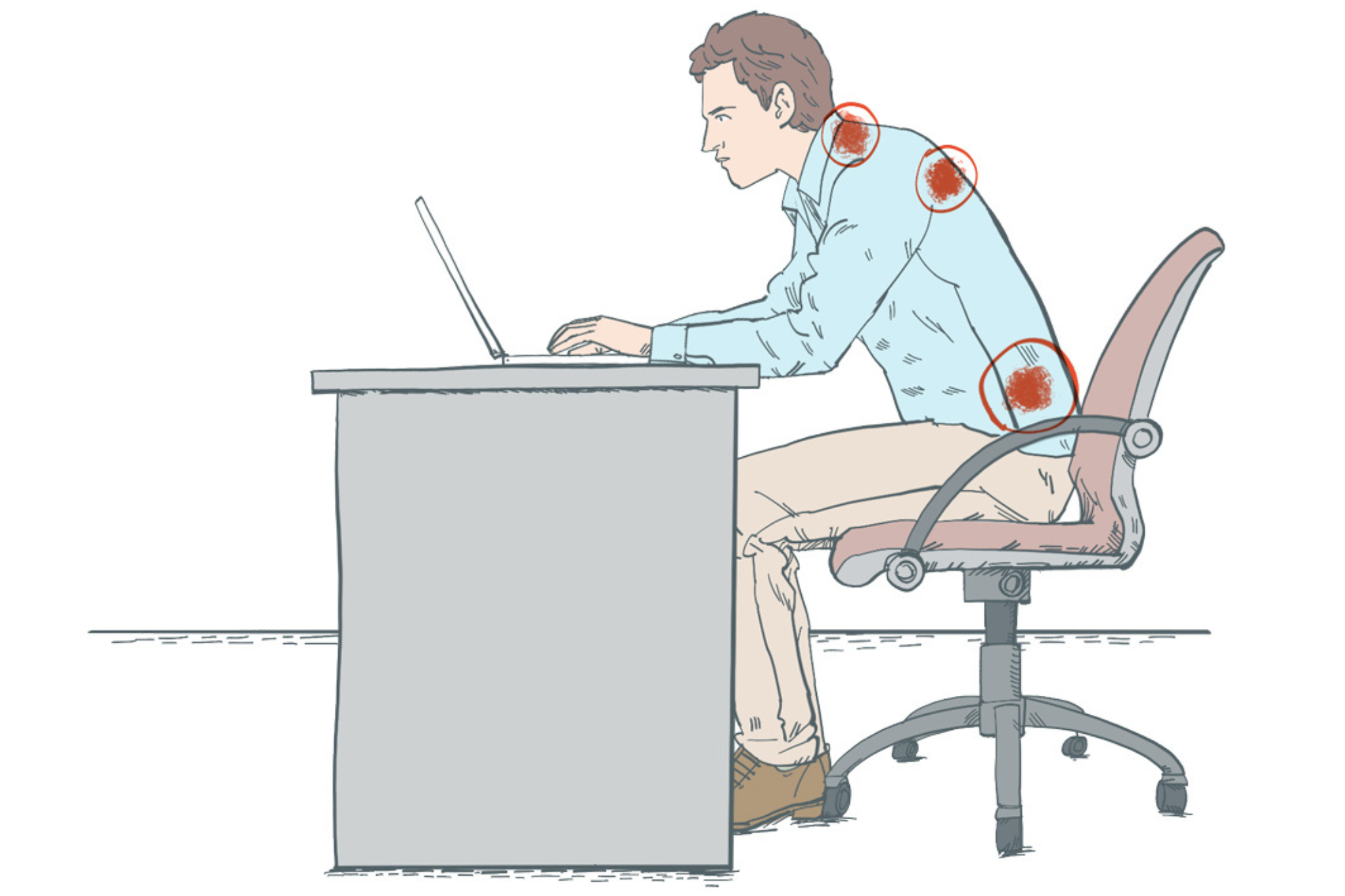
Close
Enquiry
Please see contact information below or complete the form and we will get in touch with you.

Parsons Green
3rd Floor Brigade House
8 Parsons Green
London
SW6 4TN

Queen's Park
2nd Floor
105-109 Salusbury Road
London
NW6 6RG

Jesse's House
8-10 Heathmans Road
Parsons Green
London
SW6 4TJ
How to sit properly and avoid injury

Discover the importance of finding a seated posture that you can sustain
We all spend so much of our lives sitting down – and many people are causing themselves long-lasting injuries because they don’t know how to sit properly. Beyond Health physiotherapist Melanie Bryant is an expert in helping our clients find a safe and sustainable seated posture. Read on for her insight into why good sitting is so important and her tips for finding a position that works for you.
Why is sitting properly so important?
Owing to the large amount of time many of us spend sitting down, it’s really important to be aware of your seated posture to avoid placing unnecessary strain on your muscles and to stop poor postural habits from forming. These bad habits can be hard to break and can lead to pain and injury.
How would you describe the correct way to sit?
Seated posture is a complex subject which can be individually assessed and corrected, but I try to simplify the position to be something that is sustainable since many of us spend so many hours a day sitting. I usually suggest that clients imagine a helium balloon is attached to the top of their head, gently pulling it up. This helps them straighten and lengthen their neck, and sit up straight by activating the core to support the spine in this position. It is a good idea to have an ergonomic assessment if you are getting pain due to poor sitting posture, as this can be specifically focused on your workspace.
Are there common ways people sit badly?
The most common pattern of poor posture in sitting is the forward poking chin posture. Of the four main postural types, three of them display this feature. Alongside this, we often see rounded and elevated shoulders.
What injuries can this cause?
Poor seated posture can eventually lead to an imbalance in the muscles around the neck and shoulders which can cause neck and shoulder pain, as well as headaches. Also, if we are not engaging our deep core muscles, this can put strain on the low back and cause low back pain. More load goes through our discs when seated than in any other positions we adopt and this can also lead to back pain. The hip flexors get tight and these imbalances can contribute to injury.
What are your top tips for improving seated posture?
It’s really important to get an ergonomic assessment to ensure your workspace is set up correctly. ‘Hotdesking’ is becoming more common following the pandemic, so this is where it’s really important to ensure the best individual set up. Standing desks are also becoming more popular as there is less load applied to the spine in standing as opposed to sitting, so this is a good option to allow a more frequent change of position. It is vital that you take regular breaks from sitting, which can just be standing up for a few minutes to do a few stretches or have a short walk to decrease the load being applied to the muscular and skeletal systems.
What exercises can I do to help improve my sitting?
Being taught some of the Pilates principles on how to activate your deep abdominals and your deep neck muscles will help a great deal to offload the spine. An easy exercise to do while seated at your desk is a spine twist:
- bring your palms together in line with your breastbone (praying position)
- keeping the nose, hands and breastbone in line, twist to one side, back to the centre
- do the opposite side
- repeat five times every couple of hours
Is it worth buying special seats/desks to improve the situation?
This is definitely something worth considering if you are getting recurrent issues with sitting, but I also feel that by just getting the right advice and being taught the correct muscle activations, sometimes we do not need fancy furniture to solve the issue!
Are you suffering from pain as a result of prolonged sitting? Get in touch for further advice and to book an appointment with a physiotherapist.

